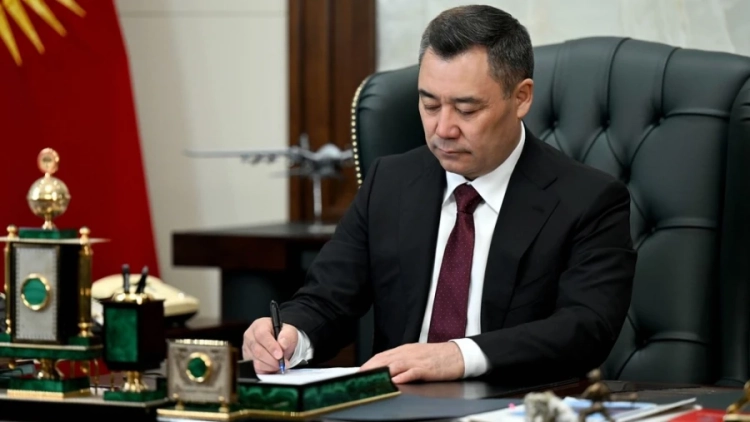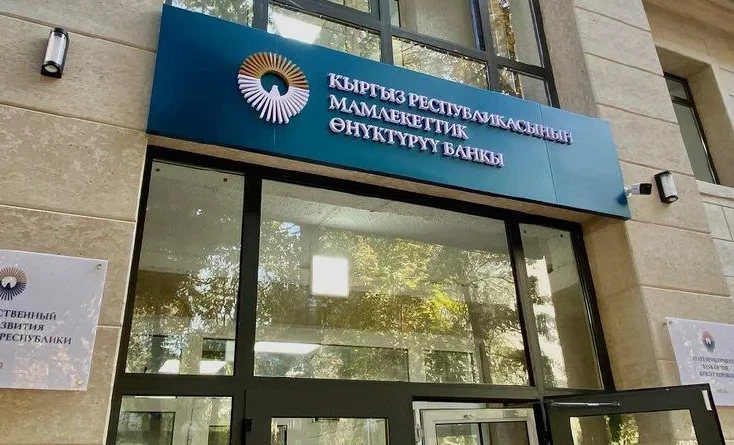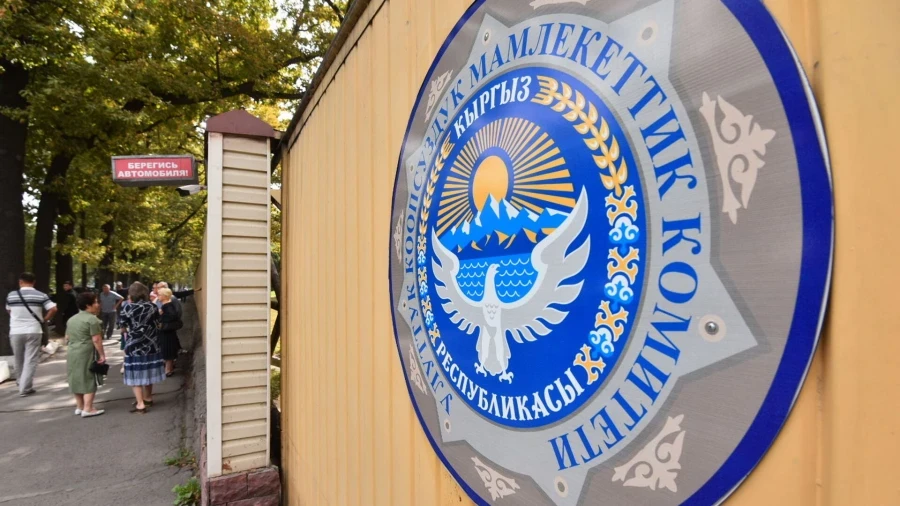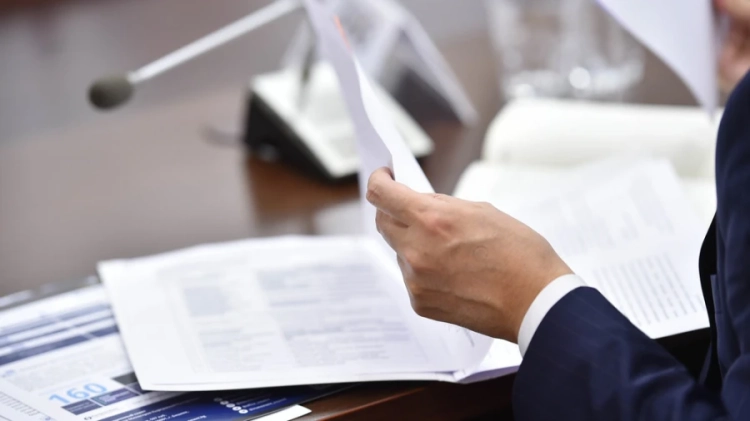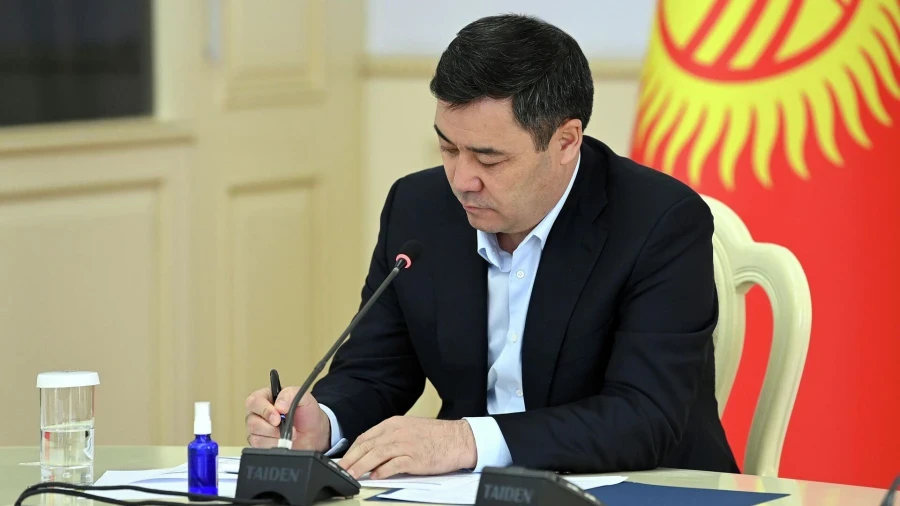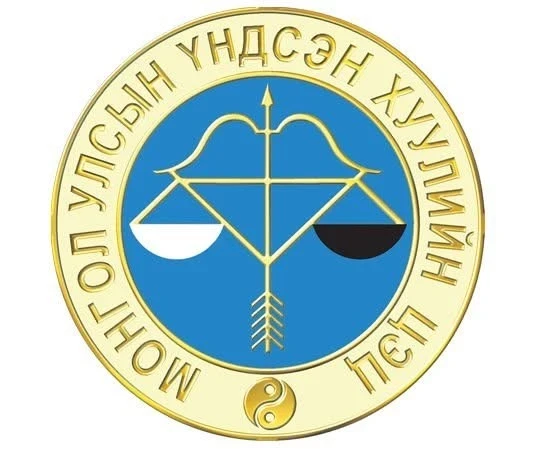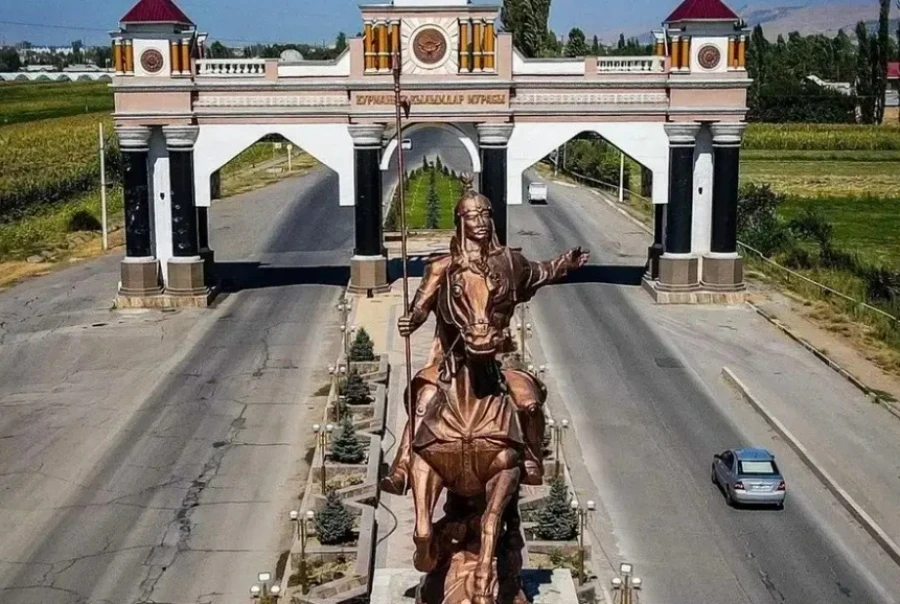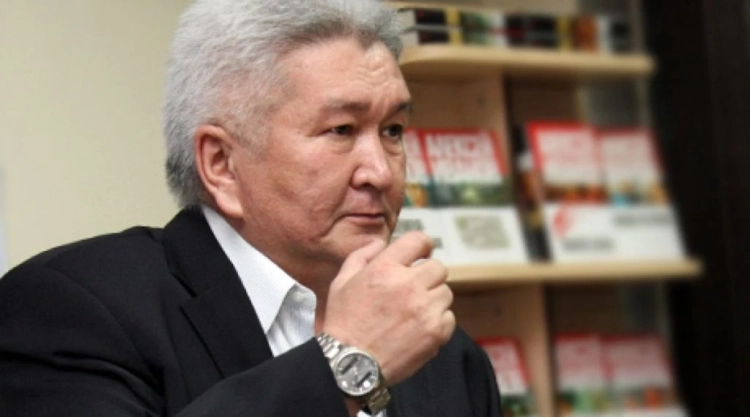The initiators of the amendments emphasize that the current law, adopted on October 31, 2016, was enacted before the new Constitution came into force and contains provisions that do not align with the updated model of state structure and the principles of popular sovereignty established by the Basic Law.
The Presidential Administration believes that the adoption of this bill will allow:
- to eliminate legal inconsistencies that arose after the adoption of the new Constitution;
- to create a coherent legal framework for organizing republican referendums;
- to increase the level of legal transparency and certainty of the electoral process;
- to ensure the implementation of the constitutional principle of citizen participation in the management of state affairs through referendums.
Campaigning on referendum issues encompasses activities conducted during the referendum campaign aimed at motivating voters to support or reject the issues put to a vote (unlike the current version, which includes campaigning for conducting a referendum, this provision is excluded. - Note from Kaktus.media).
The draft also stipulates that the referendum will be appointed by a presidential decree, and the initiative to collect signatures for the draft decree will be carried out by an initiative group.Additionally, the draft law introduces the concepts of electronic voting and remote voting.
Article 10. Decision to hold a referendum.The president may appoint a referendum on issues of amending and supplementing the provisions of the first, second, and fifth sections of the Constitution on his own initiative, or at the initiative of at least 300,000 voters, or 2/3 of the total number of deputies of the Jogorku Kenesh.
For other issues of state significance, a referendum may be appointed at the initiative of the president, at least 300,000 voters, or a majority of the deputies of the Jogorku Kenesh.
During the period between the appointment of the referendum and its official publication, the results mentioned in the article cannot propose new initiatives for conducting a referendum.In the current version, the issue of appointing a referendum can be raised by the Jogorku Kenesh at the initiative of:
- at least 2/3 of the total number of deputies of the Jogorku Kenesh or at least 300,000 voters for a draft law amending the Constitution of the Kyrgyz Republic;
- 10,000 voters (popular initiative);
- a deputy of the Jogorku Kenesh on all issues except amendments to the Constitution;
- the government.
The procedure for forming the initiative group, collecting signatures, the form of the signature sheet, and the procedure for verifying signatures are regulated by the Law of the Kyrgyz Republic "On the People's Legislative Initiative."
Article 11-1. Initiative of the Jogorku Kenesh to appoint a referendum.The Jogorku Kenesh has the right to make a decision to initiate a referendum. Deputies submit a reasoned proposal to appoint a referendum on issues of state significance at the initiative of a majority of deputies.
If the referendum concerns amendments to the Constitution, the proposal must be based on a decision adopted by 2/3 of the votes of the total number of deputies.
The procedure for considering the issue of initiating a referendum by the Jogorku Kenesh is carried out in accordance with the Law "On the Regulations of the Jogorku Kenesh."
Article 12. Procedure for appointing a referendum.A referendum is appointed by a presidential decree.
The photo on the main page is illustrative: Sabyr Ailchiev.


